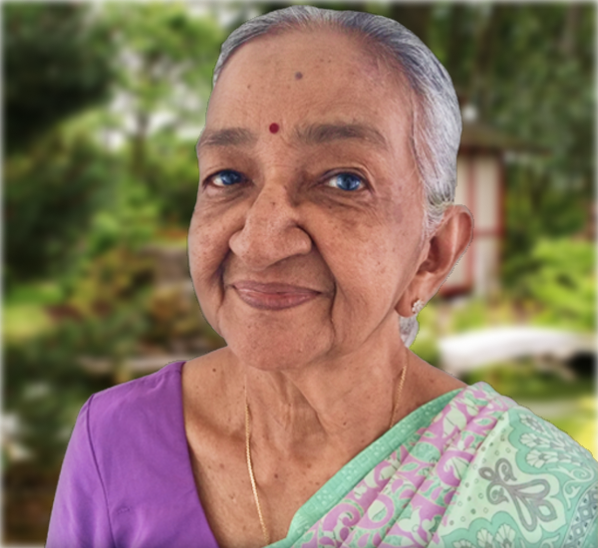- ISHIZAWA devoted fifty years of his life to help assure that Angkor Wat survives and remains a living monument for Cambodians.
- Starting in 1980, ISHIZAWA worked side by side with Cambodians, networked with international experts and organizations, campaigned in the Japanese media to generate awareness and support, and devised programs for Angkor’s protection and conservation.
- ISHIZAWA has been relentless in building local expertise and commitment to Angkor’s preservation. He quietly but adamantly insists, “The protection and restoration of the sites of Cambodia should be carried out by the Cambodians, for the Cambodians.â€
- The RMAF board of trustees recognizes his selfless, steadfast service to the Cambodian people, his inspiring leadership in empowering Cambodians to be proud stewards of their heritage, and his wisdom in reminding us all that cultural monuments like the Angkor Wat are shared treasures whose preservation is thus, also our shared global responsibility.
GETHSIE took a leading role in designing programs and doing research, training, and counseling in projects aimed at building capacities for psychosocial support in war-affected schools and at helping war widows, orphans, and traumatized children.
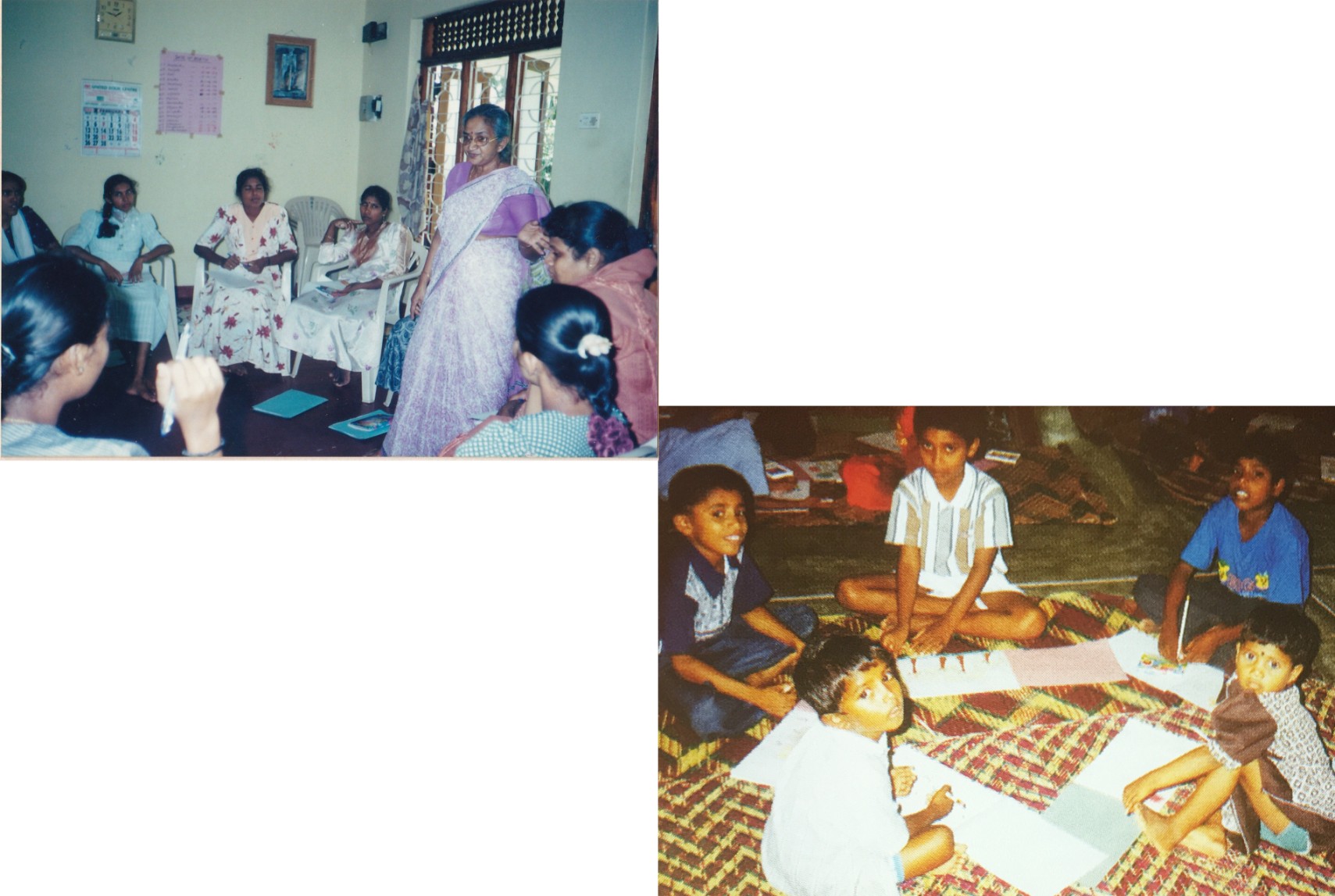
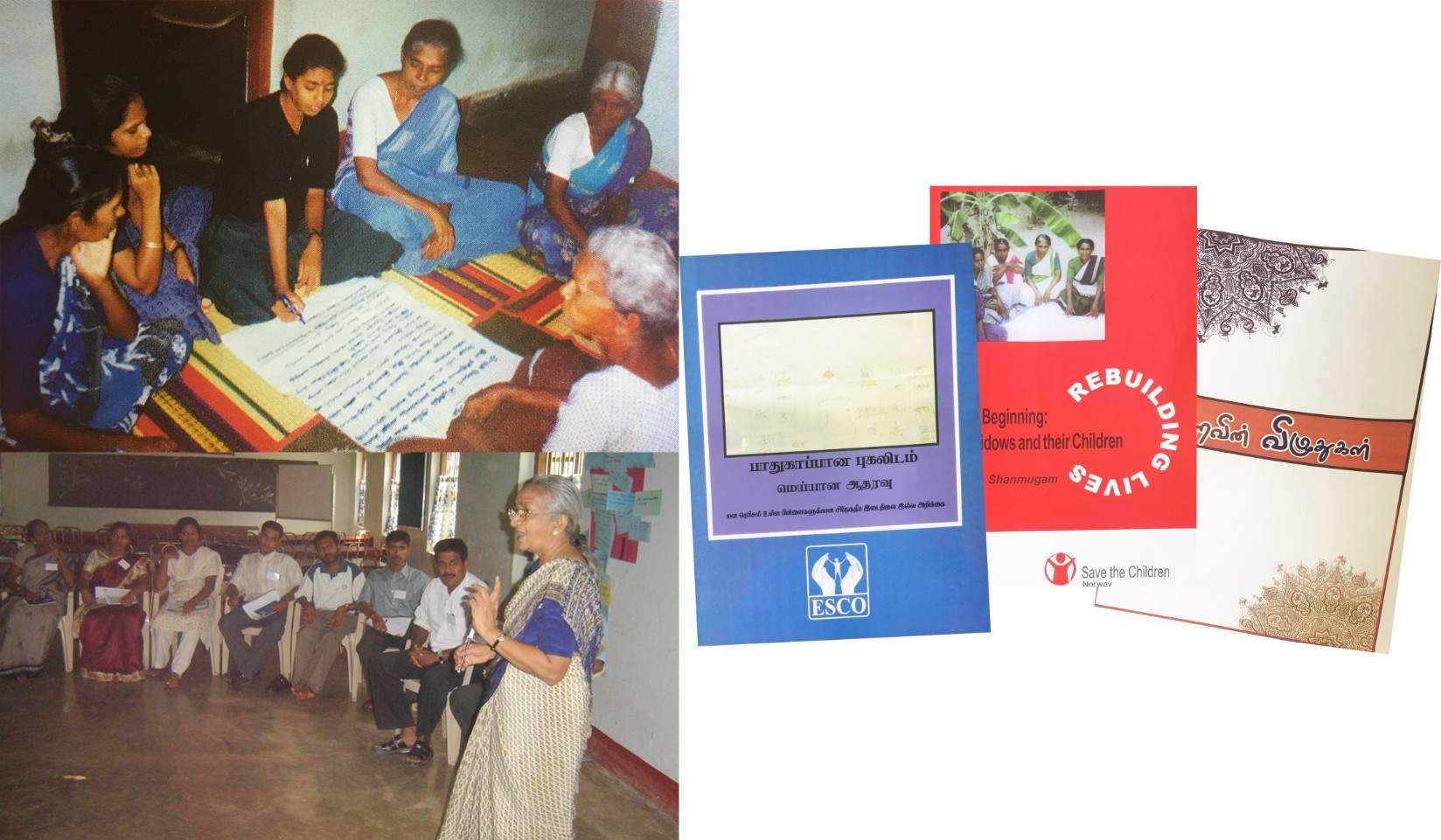
She experimented with small, simple ways to build psychosocial resilience adapted to local conditions and the lack of trained professionals; and actively disseminated her learnings through publications and the mass media.
Braving bombings, searches, and threats of arrest, GETHSIE crossed the Sinhalese-Tamil divide as she did counseling work, collaborated with colleagues, and trained teachers and NGO workers.
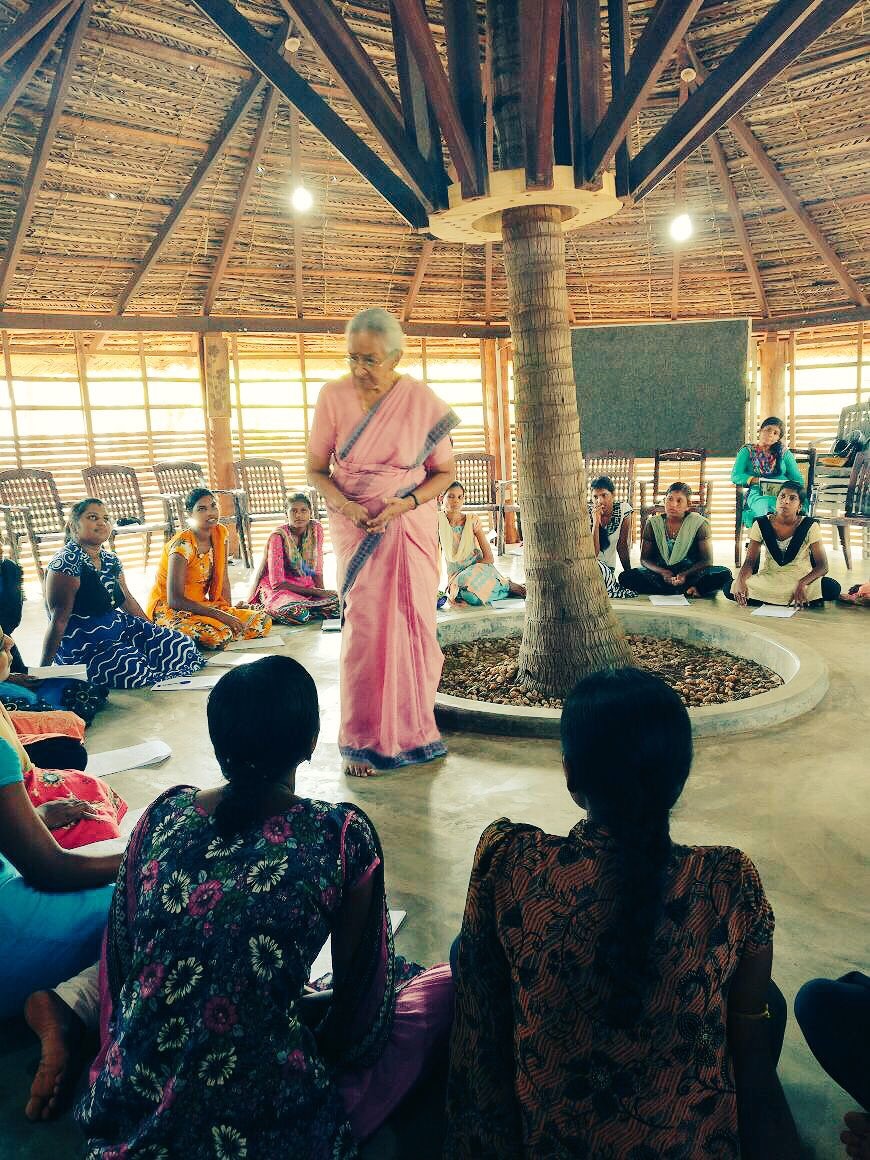
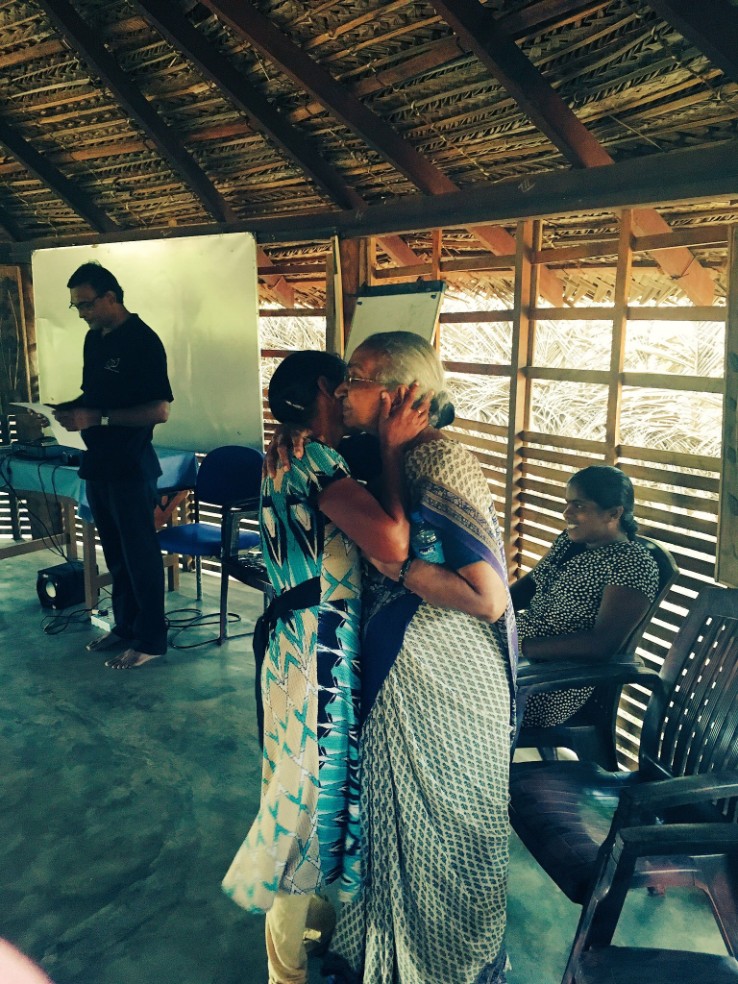
Working quietly but relentlessly, she trained hundreds of psychosocial practitioners and countless of teachers, and helped change the lives of countless women and children. From working one-on-one with children to building the capacity of Sri Lanka\u2019s psychosocial sector, she is truly amma<\/em> (\u201cmother\u201d) of her nation\u2019s children.
The Ramon Magsaysay Award affirms the spirit of humanity that endures even under the most difficult of circumstances. My work with children and adults living with war, disaster, and other hardships has shown me that even in the context of terrible violence, loss and suffering, there is always the possibility of growth, caring, and hope. Life cannot only continue despite pain and hardships, but can take on new meaning and purpose.
Working in war-affected Eastern Sri Lanka in the mid-1990s, I saw how, with encouragement and assistance, children on the small tidal island of Nasivantheevu found the courage to negotiate with the warring parties to allow safe passage for the bus that took them to school, enabling access to an education that would transform their lives.
I met a soldier who had lost both his legs in combat, who had thrice considered suicide, and could hardly bear to sit with a member of another ethnic group. I witnessed how, through personal contact, this young man was able to set aside his anger to care for an older woman from a community he deeply mistrusted.
Working with widows suddenly thrust into new roles in a society that stigmatized them, I saw how women’s determination and hard work enabled them to overcome challenges to secure a life for themselves and their children.
Whether working with children or adults, with individuals or groups, my 4 decades of experience has taught me that healing and transformation always starts with the person. For people who are in deep pain to begin to heal, it is essential for them to gain self-awareness and acceptance, which in turn shapes their capacity for healthy relationships with others or even towards themselves. This kind of personal growth is often something people overwhelmed by suffering find difficult to do for themselves, but with support and loving care from another human being, like the beautiful lotus that emerges from the mud, these people can be helped to bloom despite the pain they have experienced.
As individuals, we often feel that we can’t do big things. But we can do small things. All change starts with a person. When one person becomes brighter and relates to others with genuine love, then small groups of individuals can form around them, creating small ripples of change in the world.
I believe that each of us is a tool for the healing of ourselves, for the healing of others and for the healing of the societies we live in. No matter who or where we are, we can play a role in making the world a kinder and better place. This is the message that I would like to share with you all.

